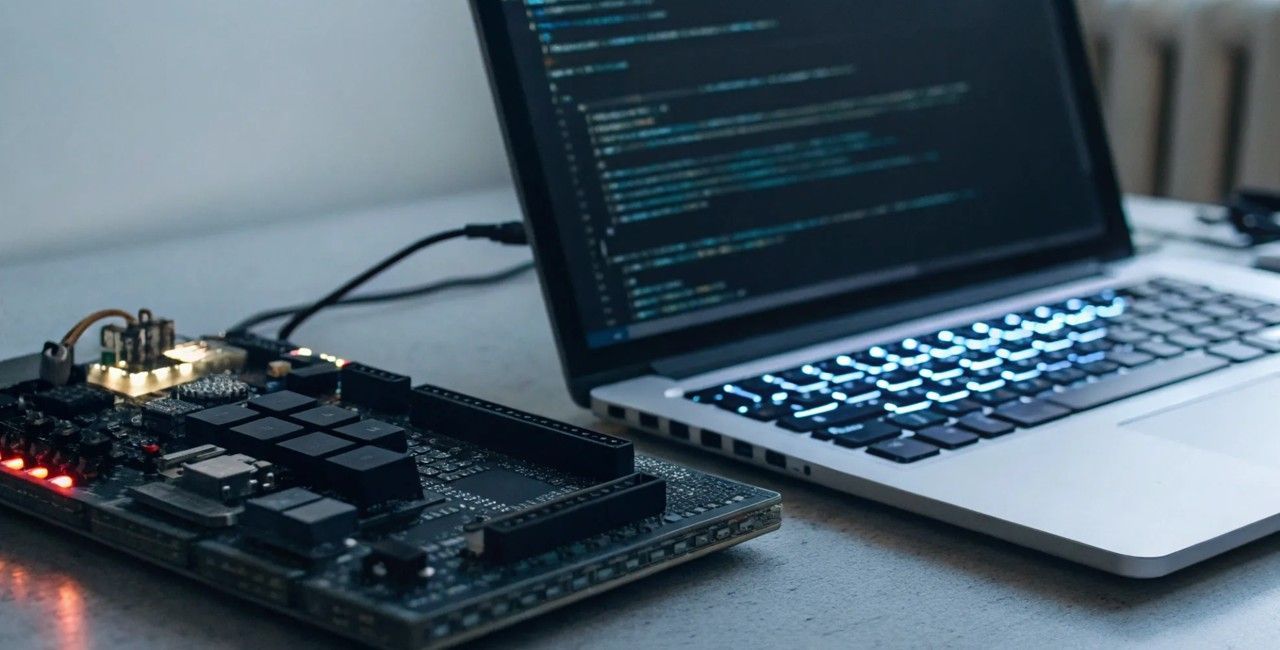Workflow automation delivers significant gains in efficiency, productivity, and accuracy for enterprise organizations. The integration of Artificial Intelligence (AI) further amplifies these benefits by enabling workflows to adapt dynamically, make intelligent decisions, and manage complex processes autonomously. With the increasing sophistication of workflow automation and AI comes the pressing need for robust security practices. Protecting sensitive data, ensuring compliance, and mitigating risks have become paramount. Here are our teams Top 10 Tips for secure workflow automation in using AI.
1. Comprehensive Data Governance
Data is at the core of AI-driven workflow automation. Establishing comprehensive data governance practices is crucial. Clearly define who can access data, under what circumstances, and maintain detailed audit logs. Implementing role-based access controls (RBAC) ensures users have only the minimum required privileges, significantly reducing data exposure risks.
2. Encrypt Data End-to-End
In workflow automation systems, data frequently traverses various environments and networks. Encryption should be employed at all stages—data at rest, data in transit, and data in use—to secure sensitive information against breaches. Utilize strong encryption standards such as AES for stored data and TLS protocols for data in transit.
3. Secure AI Model Development
AI models powering workflows must be secured throughout their lifecycle—from development to deployment. Adopt secure coding practices and validate models rigorously against adversarial attacks. Regularly update and retrain models with new data, monitoring performance continuously to detect anomalies early.
4. Implement Strong Authentication and Authorization
Automated workflows frequently interact with numerous internal and external systems. Employ strong, multi-factor authentication (MFA) to secure access points and APIs. OAuth and OpenID Connect are reliable authentication frameworks, enhancing secure interactions between automated processes and external resources.
5. Rigorous Security Testing
Regular security testing of automated workflows and AI models is non-negotiable. Conduct comprehensive vulnerability assessments, penetration testing, and code reviews periodically. Automation-specific tests, such as simulating unauthorized access attempts and validating boundary conditions, can uncover vulnerabilities unique to workflow automation systems.
6. Continuous Monitoring and Incident Response
Proactively monitor automated workflows to identify unusual patterns or potential breaches quickly. AI itself can enhance security monitoring capabilities, using machine learning algorithms to recognize anomalies. Implementing a robust incident response plan ensures rapid and effective management of security breaches, minimizing impact and downtime.
7. Regular Auditing and Compliance
Given the dynamic regulatory landscape, maintaining compliance is essential. Regular audits should be conducted to ensure workflow automation adheres to applicable standards like GDPR, HIPAA, and ISO/IEC 27001. AI-driven compliance monitoring tools can further automate the detection of compliance deviations, improving responsiveness and reliability.
8. Secure Integration and APIs
Integrations are critical components of workflow automation. Secure APIs rigorously through practices such as API gateways, rate limiting, IP whitelisting, and proper authentication mechanisms. Regularly review and monitor API access logs for suspicious activities, and promptly address any vulnerabilities discovered.
9. Adopt Zero-Trust Architecture
A zero-trust approach to workflow automation security assumes no implicit trust and continuously verifies all interactions. By segmenting networks, implementing micro-segmentation, and enforcing strict access controls at each step, organizations minimize the risk of lateral movement within their systems.
10. Employee Training and Awareness
Technology alone cannot secure automated workflows effectively; human awareness is equally critical. Regular training sessions should educate employees about security risks associated with AI and automation, reinforcing best practices for data handling, access management, and incident reporting.
As workflow automation becomes increasingly intelligent, being proactive around security practices will continue to increase. By successfully implementing these best practices teams will not only secure their automated workflows but also maintain trust and ensure regulatory compliance. Ready to learn more? Schedule a demo to explore our AI features and discover how it can transform your organization’s ROI using workflow automation.







